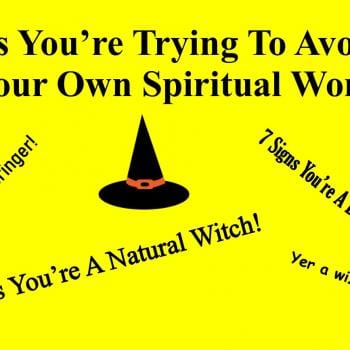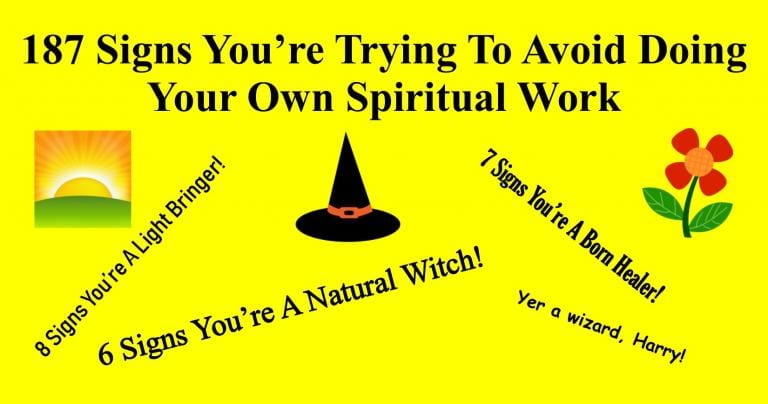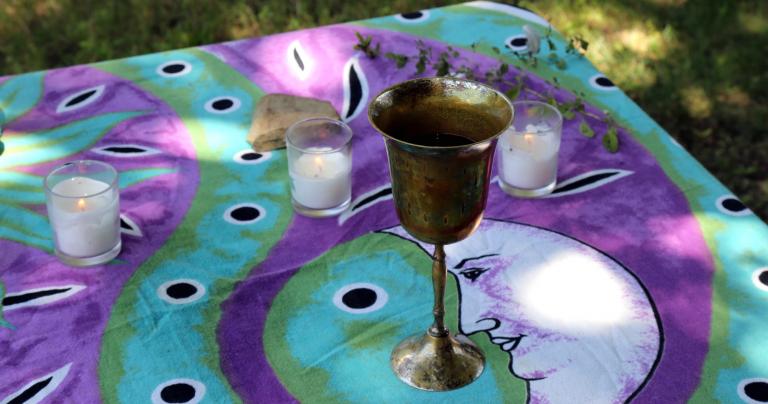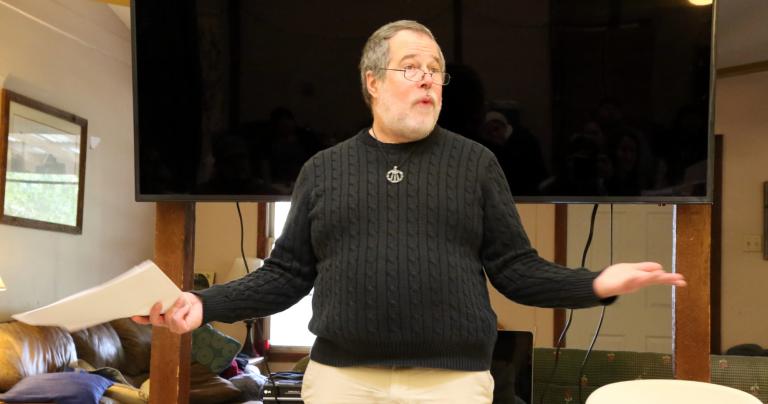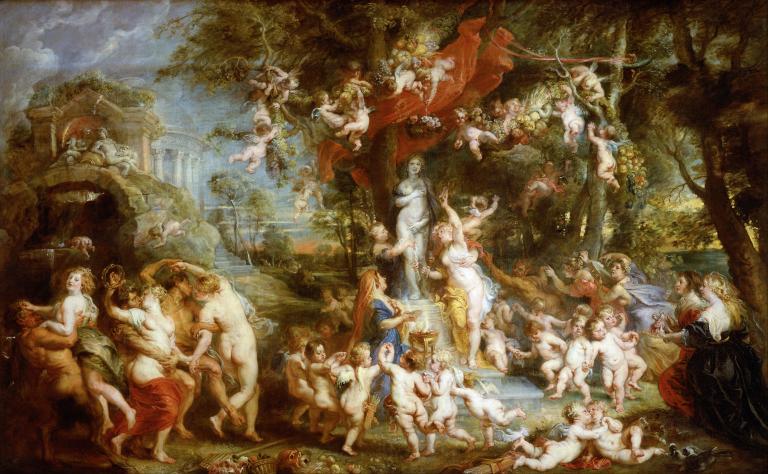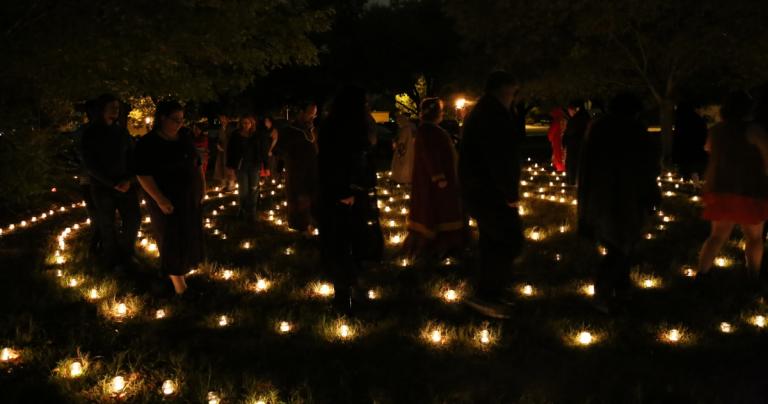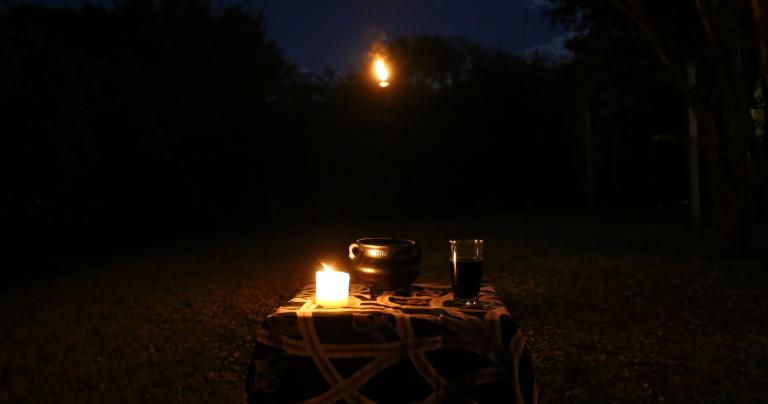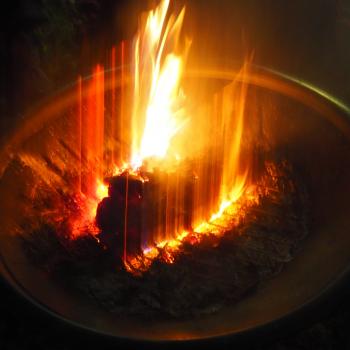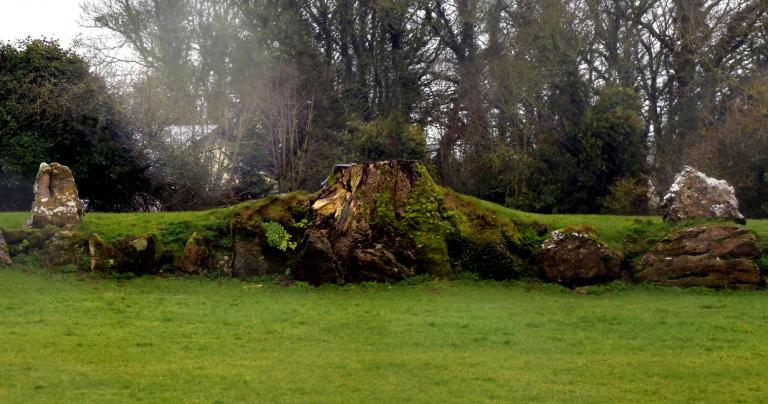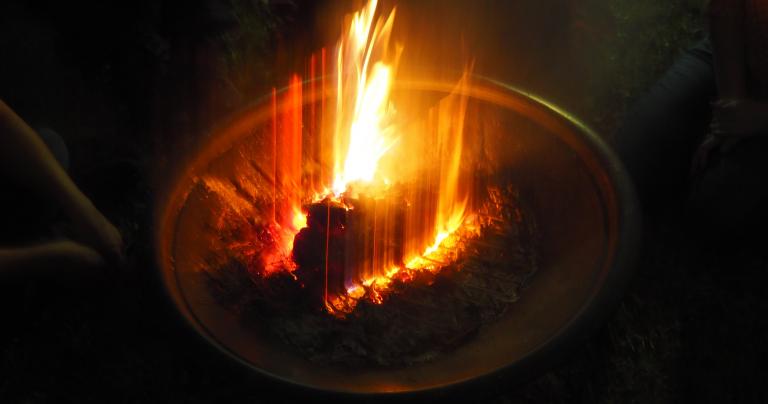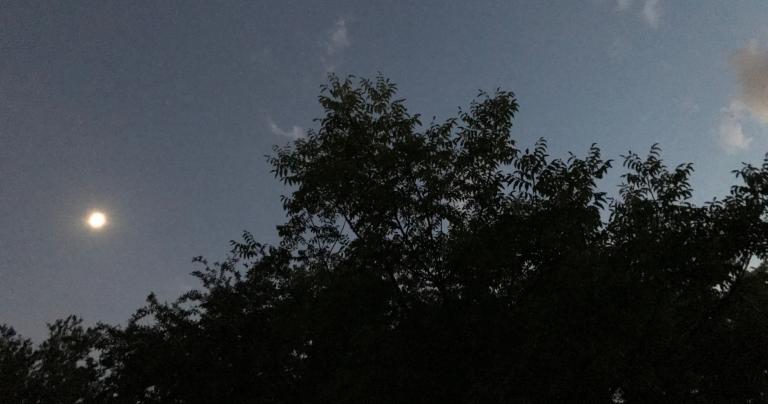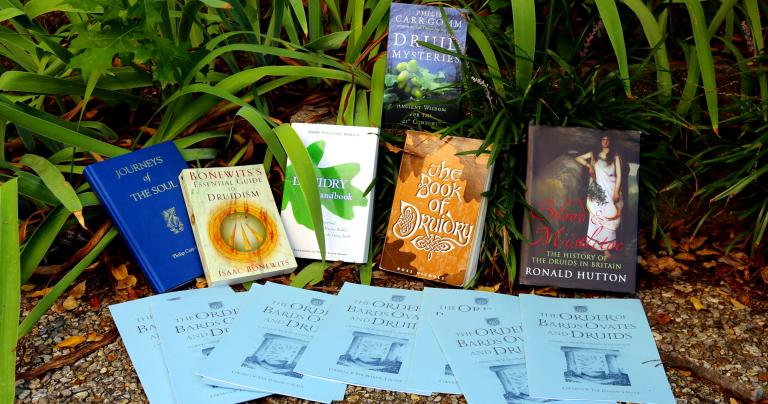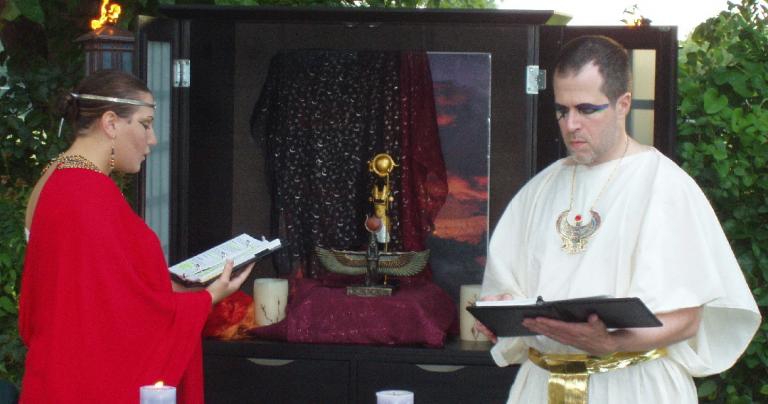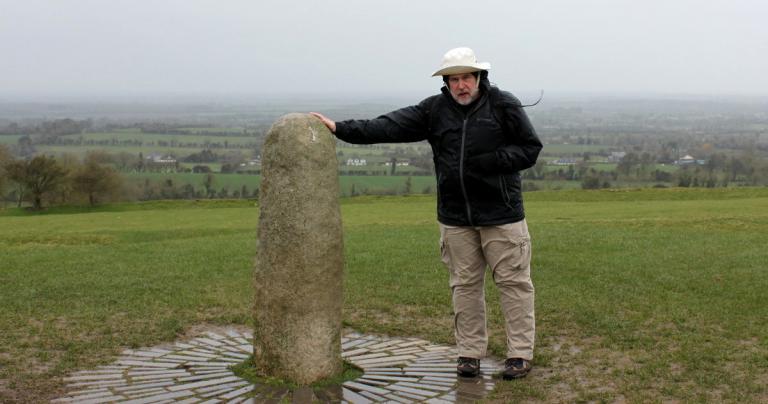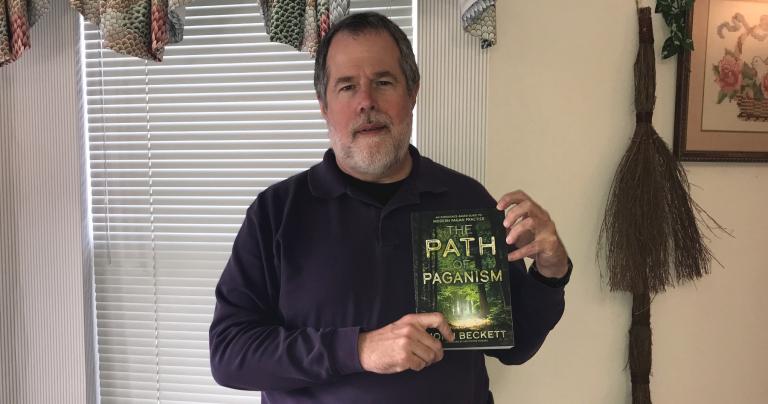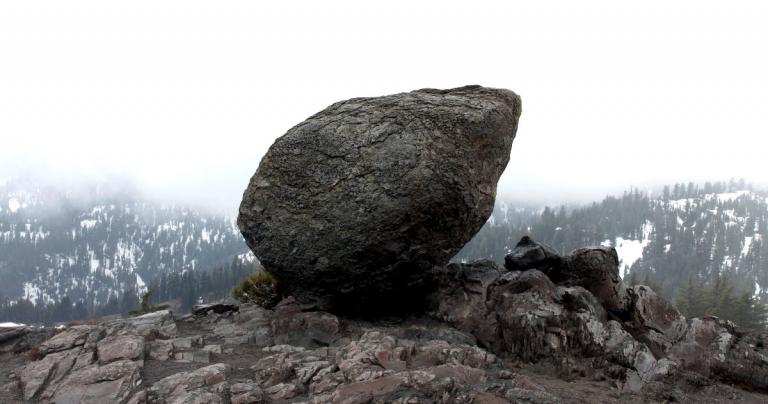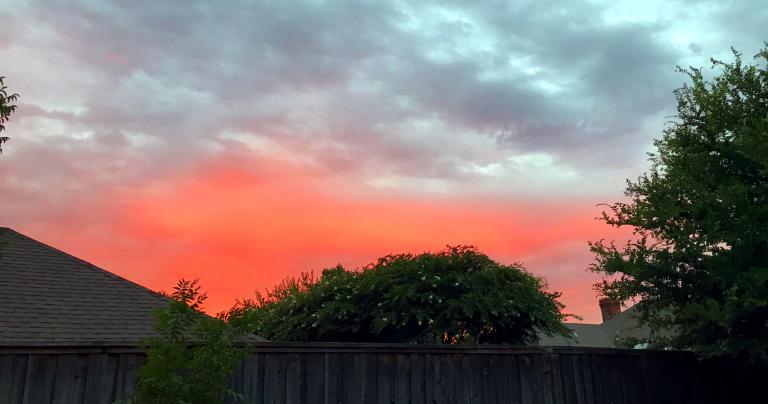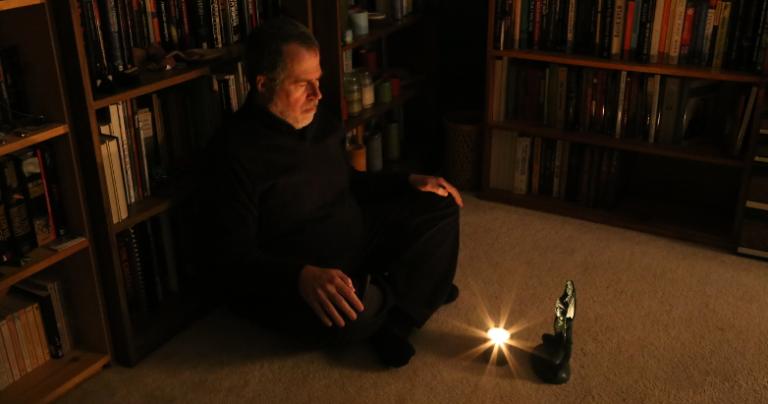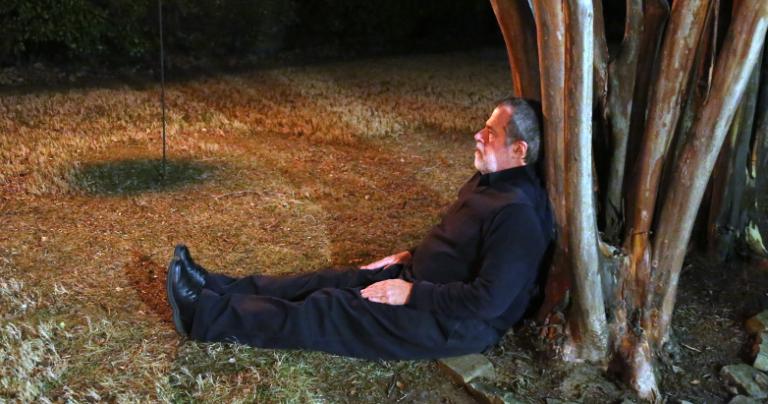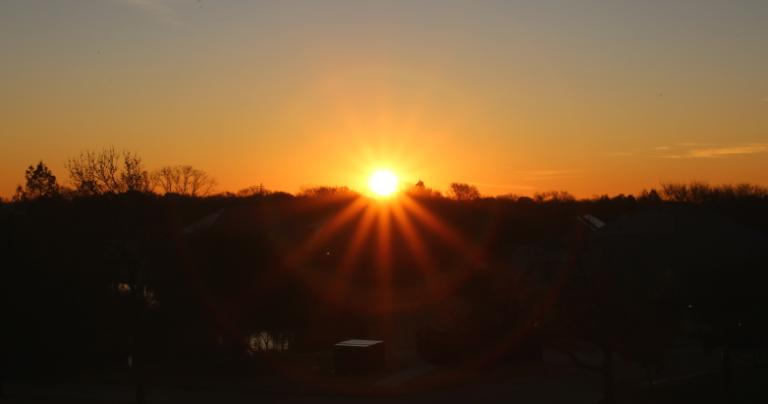6 Signs You’re A Natural Witch!
7 Signs You’re A Born Healer!
8 Signs You’re A Light Bringer!
9 Signs You’re Going To Click On This Link Because You’re Hoping Someone Else Will Do Your Spiritual Work For You!
Maybe I’m just in a cynical mood. Maybe Mercury Retrograde is making me miss the point of all these “signs” posts. Maybe this is going to end up being one of those pieces I work on for hours and then decide “nope, not going to post it” (but if you’re reading this, it wasn’t).
But I’m pretty sure I’ve seen one too many “signs you’re really something special but you just don’t know it” clickbait listicles and I need to vent.
And I’m also pretty sure that somebody out there is searching desperately for their calling in life and they need better guidance than “match a handful of vague traits and discover your superpower.”
Finding your true calling takes research
I remember taking “aptitude tests” in high school (are they still a thing?). They gauge your skills and interests and tell you which careers you should consider. I still occasionally hear rumors about the “secret questions” in the SAT that will get you a recruiting visit from the CIA – or from the Men In Black. So I understand the lure of these tests.
But all an aptitude test can do is make suggestions. You’ve still got to do the research on just what a particular career or craft or path involves. Read books, talk to experienced practitioners, and try things out yourself.
And just as importantly, you’ve got do decide if you’re willing to do what that takes. Do you really want to be a spiritual healer? You’ve got a lot of work to do… starting with getting your own house in order… and in the process, figuring out that you can’t heal anyone. You can only point them in the right direction, and then love and support them as they do their own work to recover, to learn, and to grow.
You’re going to make some wrong turns
And it may not be fair to call them “wrong turns.” Unless you’re happy and fulfilled in the tradition of your childhood, you’re going to need to explore different spiritual paths. For some of them, all you have to do is read a Wikipedia description to realize “no, this one’s not for me.” Sometimes it takes reading a book, or working with a local group for a few months to cross it off your list.
Sometimes you think you’ve got it, only to later realize you don’t. I really really wanted to be a witch. I tried for years and it didn’t work. When I discovered Druidry I knew I was onto something. That’s worked out rather well, but I still had to do five years of formal training – only to later realize my true calling is to be a Druid in a the context of a polytheist religion, not in a Druid order (although I happily remain a member of both OBOD and ADF).
If I had done my foundational work sooner it wouldn’t have taken me eight years to figure out that witchcraft and Wicca weren’t my calling.
You’re going to make some wrong turns. The sooner you get moving, the sooner you can make those wrong turns, recover from them, and then find the path where you belong.
Almost everyone can work magic
Back in December I wrote My Biggest Complaint With Magical Fiction, which is
the idea that magic is hereditary. People are either born witches or they’re not. Or worse still, witches aren’t entirely human, and they live in their own world – Harry Potter, I’m looking at you. If it was one or two or even half the stories I’d be fine with it. But it seems like it’s every single one.
This idea from fiction has made its way into spirituality and magic. And it’s as false in reality as it is annoying in fiction.
Like all abilities, magical ability isn’t evenly distributed throughout the population. Some people have a greater aptitude for math than others, some have a greater aptitude for art, and some have a greater aptitude for magic. But almost all of us can balance a checkbook, or express ourselves through drawing or music or photography or something.
And almost all of us can work magic.
If you feel drawn to magic you can work magic. Find some Witchcraft 101 or basic chaos magic books and get started. You’ll have some successes and you’ll learn from them. You’ll have some failures – you’ll learn from those even more.
You don’t need a magical aptitude test to figure out if you can pursue the spiritual path you want. You can.
You just have to get started.
Spiritual orientation is real
Last year I wrote Paganism as an Orientation, where I looked at the very long odds of me ending up Pagan and not Christian or atheist. That post was a response to Heron Michelle’s Witchery as an Orientation and Sacred Mission where she said “witchery isn’t a choice for me.” And at last year’s Mystic South, the Anomalous Thracian presented a paper titled “Theistic Orientation” where he looked at religious orientation as an expression of identity, especially in response to oppression.
Orientation is a real thing, and identities are necessary and helpful. One of the reasons so many of us – particularly here in the United States – search desperately for spiritual identity is that the culture we grew up in is so bland and commercial it doesn’t satisfy us.
But discovering a non-mainstream orientation takes time and effort. Nurturing that orientation takes even more.
And at the end of the day, religion is a choice.
Spiritual and religious orientation, identity, and affiliation are deep, serious matters. Trying to reduce them to “6 Signs You’re Really A Hellenic Polytheist” is at best naïve and disrespectful. It trivializes the sacred.
What you are is human – what you become is up to you
I think this is what annoys me so much about the “17 Signs You’re Something Special” articles – they take away human agency and replace it with the luck of the draw.
The luck of the draw is already huge – your family circumstances at birth have a tremendous impact on your life. But you can follow almost any spiritual path that calls to you. You can become a witch, or a Druid, or even a light bringer (whatever that is). You may be better suited to one or the other, but the choice is yours… as is the obligation.
Anybody can call themselves a witch, but if you don’t actually practice witchcraft, all you’re doing is adopting an aesthetic.
Explore, then choose, then become…
Sorry there aren’t 187 signs in this post
I originally titled this “9 Signs You’re Trying To Avoid Doing Your Own Spiritual Work.” But I was afraid some people might not recognize the sarcasm and get mad when there was no bright and cheery listicle to tell them they’re special. If you missed the sarcasm in “187 Signs” I can’t help you.
I don’t mean to be a killjoy. I click on these silly listicles too sometimes, if only to silently make fun of them. And if they occasionally point someone in the right direction, that’s a good thing. There are certainly worse things on the internet.
But our world needs more magical people. It needs more spiritual people. It needs more people who are deeply and authentically following Pagan, polytheist, and other non-fundamentalist religious traditions. Trying to reduce any of that down to a list of a dozen or less “signs” isn’t helpful.
Finding your true calling takes work, and it usually takes a lot of trial and error. Getting good at it takes even more work. Those of us who’ve made this journey (or rather, those of us who are making this journey – you’re never there, or at least, I’m not) can draw maps for you, but you have to walk the path yourself.
Would you have it any other way?
Now get off my lawn!


